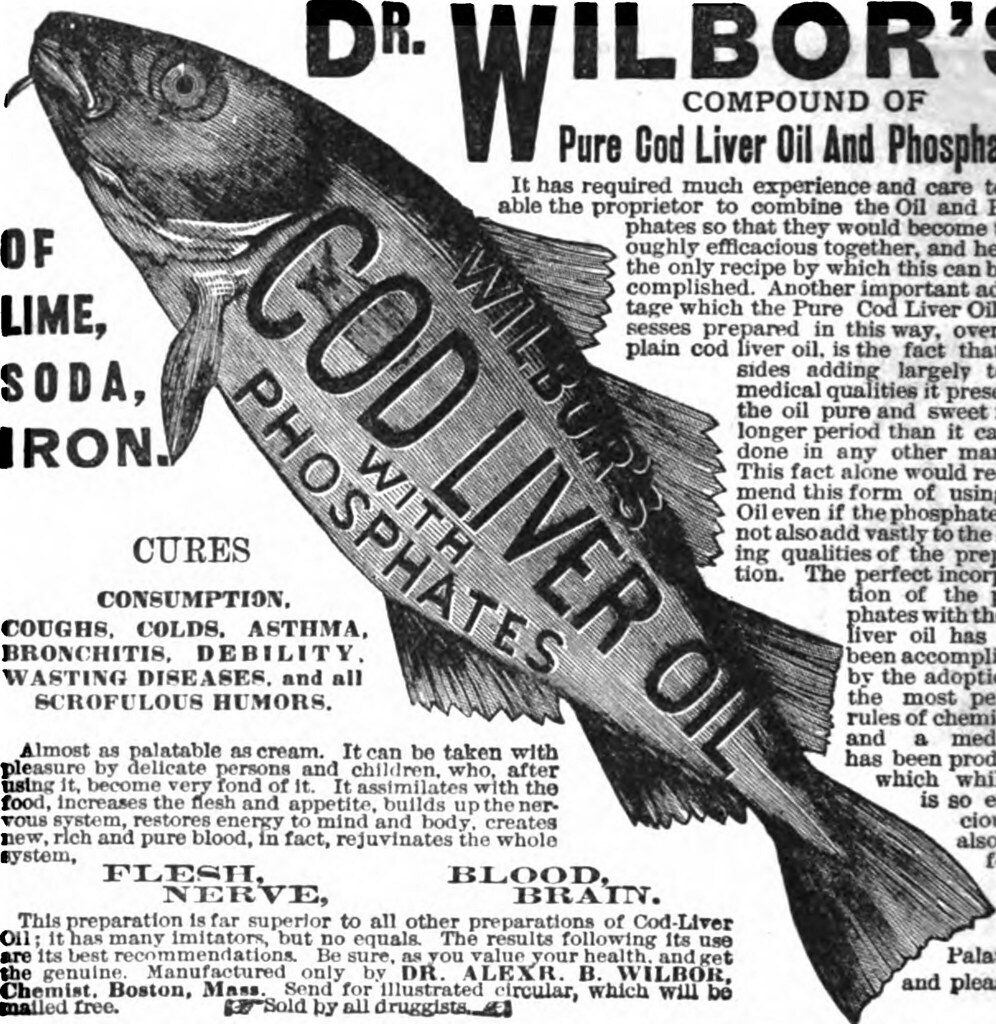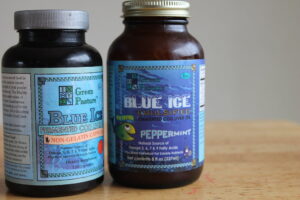Cod liver oil is a sacred food that has been used for centuries to maintain physical and mental health. Read on to learn more about the health benefits of cod liver oil.
A Brief History of Cod Liver Oil, or “Liquid Gold”

The origin of the use of Cod Liver Oil as a food dates back to the Viking Era (late 700s to 1100). It was referred to as the “Gold of the Ocean” by the Vikings of Northern Norway.
By the 1700s, practitioners observed the oil’s efficacy and began prescribing it to patients suffering from rheumatism.
Later, published papers praised it for curing gout, scrofula (a tubercular infection of the lymph nodes), rickets and other health problems. In 1822, it was officially recognized by the medical profession for its curative powers.

In 1870 there were 57 Cod Liver Oil mills along the Norwegian coast. By 1890, that number had increased to 148 mills. The Scott and Bowne Company, established in 1876 in New York City, became a popular brand of Cod Liver Oil in the United States.


Be careful about reading health books. You may die of a misprint.-Mark Twain
Fermented Cod Liver Oil is nutrient dense and can help correct deficiencies. It is probably harmless when taken in the recommended dosage.
However, it does contain a large variety of putrefactive products, part of which has been found to consist of poisonous ptomaines, and is not something that should be used as a health remedy.
In more simpler terms, Fermented Cod Liver Oil has the potential to nourish and poison you at the same time.
It also becomes more rancid, toxic and less nutrient-dense as time goes on.
A study on vitamins and Cod Liver Oil, published by Arthur D. Holmes in 1924 (Vol. 16, No. 9) and 1925 (Vol. 17, No. 1), showed that Cod Liver Oil extracted via a putrefactive fermentation process decreased in vitamin potency as decomposition progressed.
In order to get all of the benefits of Cod Liver Oil without the risk, stick to brands that use the Möller method, such as Rosita and Dropi.
The Science Behind the Claims
We need Vitamins A and D in sufficient quantities to properly absorb and use nutrients from our diet. Humans evolved eating a lot of organ meats throughout their evolution. Organ meats such as liver contain high levels of vitamin A. We also spent the majority of our days outside, hence the need for vitamin D, and our brains evolved as much as they did thanks to the Omega 3 fatty acids DHA and EPA.
Studies in isolated cells suggest that vitamin D can only activate its receptor with the direct cooperation of vitamin A. The fat-soluble vitamins work most safely and effectively when we obtain them from natural foods within the context of a diet rich in all their synergistic partners.
Most Notable Health Benefits of Cod Liver Oil Include:
- Improves cardiovascular and metabolic health
- Anti inflammatory
- Helps your body absorb minerals. Vitamins A and D cooperate to regulate the production of certain vitamin K-dependent proteins. Once vitamin K2 activates these proteins, they help mineralize bones and teeth, protect arteries and other soft tissues from abnormal calcification, and protect against cell death. You should also include vitamin K2 rich foods in your diet, such as grass-fed butter, ghee, and raw cheese to get all the benefits of Cod Liver Oil.
- Regulates the Immune System
- Prevents Heart Disease
- Lowers risk of cancer
- Helps treat arthritis
- Helps the endocrine system function optimally, which controls thyroid and sex hormones
- Improves brain function
- Helps prevent Alzheimers
- Prevents and helps treat depression
Results from a 2003 study conducted at the University of Oslo in Norway showed that children who were born to mothers who had taken Cod Liver Oil during pregnancy and lactation scored higher on intelligence tests at age four compared with children whose mothers had taken corn oil instead.
CLO is not a magic bullet
Although the health benefits of cod liver oil are vast, it won’t magically make you healthy.
Maintaining health has much more to do with what you avoid than what you consume.
“Life in All Its Splendor is Mother Nature Obeyed.”
-Dr. Weston A. Price



